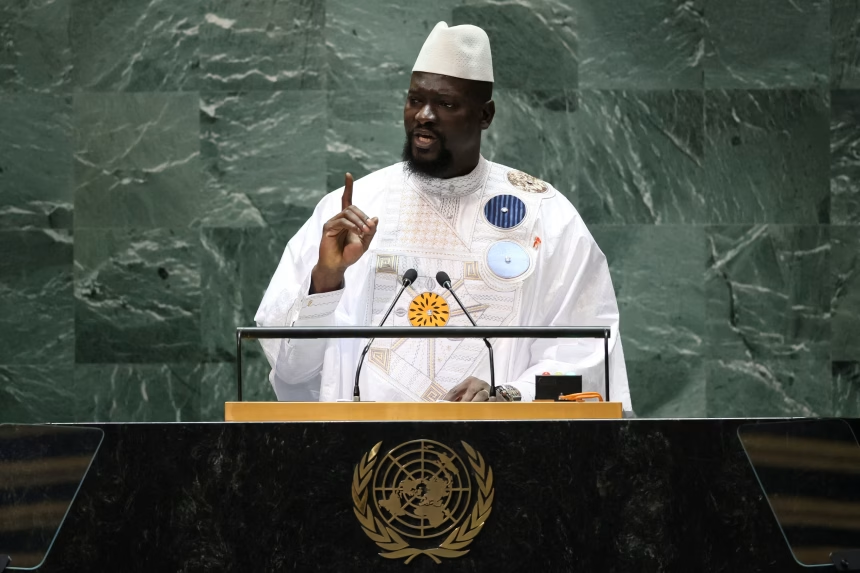In a significant development for the West African nation, Guinea’s military leader, Mamady Doumbouya, has announced September 21, 2025, as the date for a constitutional referendum. This decree, broadcast on state television Tuesday evening, marks a potential, albeit delayed, step towards a return to constitutional democracy.
This development follows Doumbouya’s 2021 coup, which disrupted the nation’s political landscape. Concerns have risen especially following the missing of a previously self imposed deadline. The original plan, proposed in 2022, outlined a two-year transition to elections, but concrete action on this has been lacking.
“The announcement of this referendum is a notable milestone, but we must remain cautiously optimistic,” a regional political analyst stated. “The people of Guinea are keenly awaiting the return to civilian rule, and every step must be transparent and credible.”
Guinea, a key producer of bauxite and iron ore, is navigating a complex political environment, sharing similar challenges with other West African countries where military takeovers have impeded civilian governance. It is particularly important to note, that the country missed the December 31, 2024 deadline that the military authority had set for the transition of power.
Read Also: Niger Junta Sets Five-Year Transition, Amidst Regional Shifts
Key developments include:
- Draft Constitution: In July 2024, the junta presented a draft of a new constitution. This draft is considered important, because of speculation that it may allow Doumbouya to participate in the upcoming presidential election.
- Political Party Suspensions: Guinea’s two former ruling parties are currently suspended, indicating a tightening political atmosphere.
- Opposition Party Surveillance: The Union of Democratic Forces of Guinea (UFDG), a major opposition party, is now under surveillance, raising concerns about political freedom.
Authorities indicate that the referendum on the draft constitution is intended as a crucial precursor to any future elections and a return to constitutional rule.
The delay of the move towards civil rule, does put in question, the intent of the current military leaders. And from a human angle, it leaves the people of Guinea in a state of uncertainty. How will the referrendum progress? Will the promises of a transfer to civil rule, be upheld? Only time will tell.













